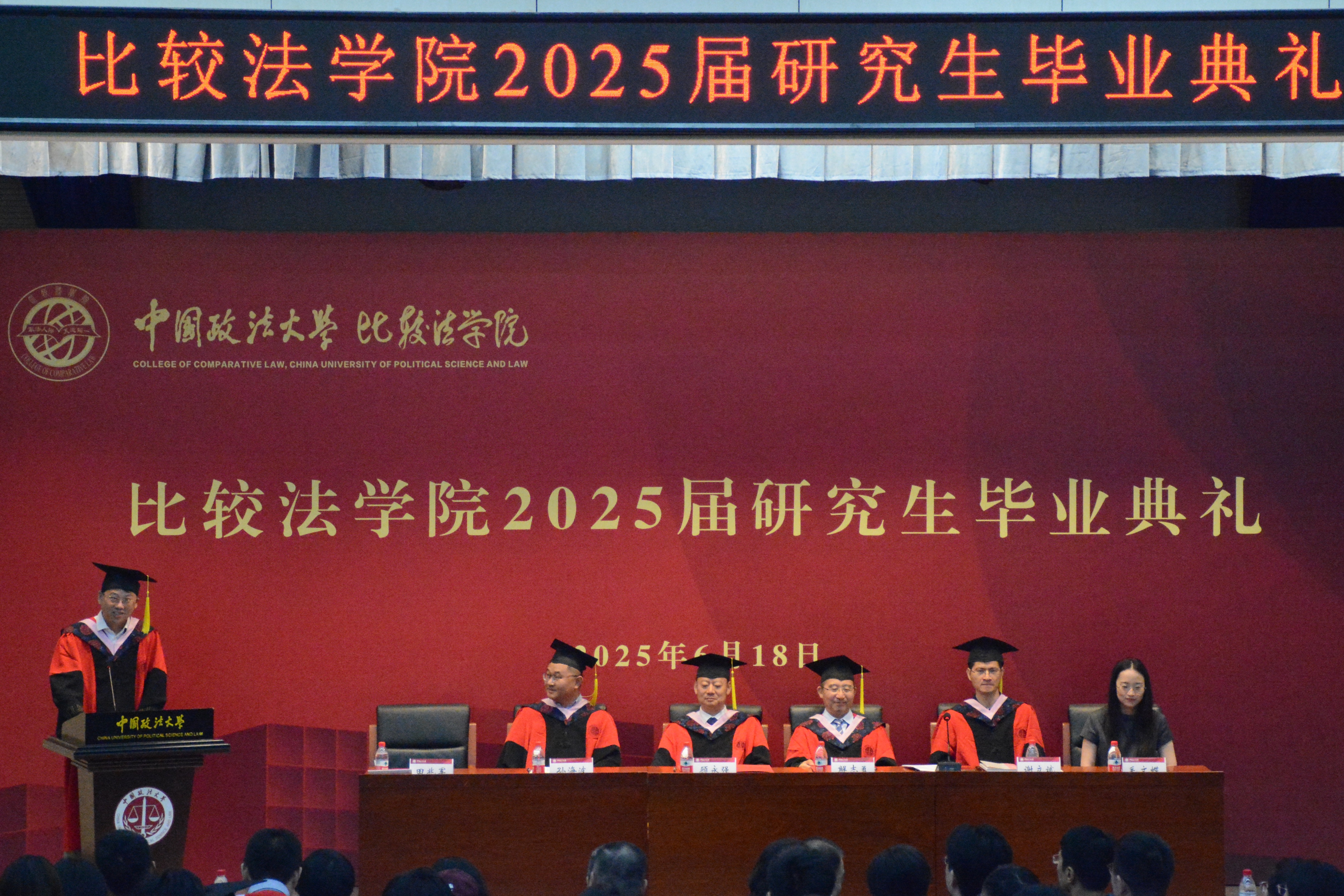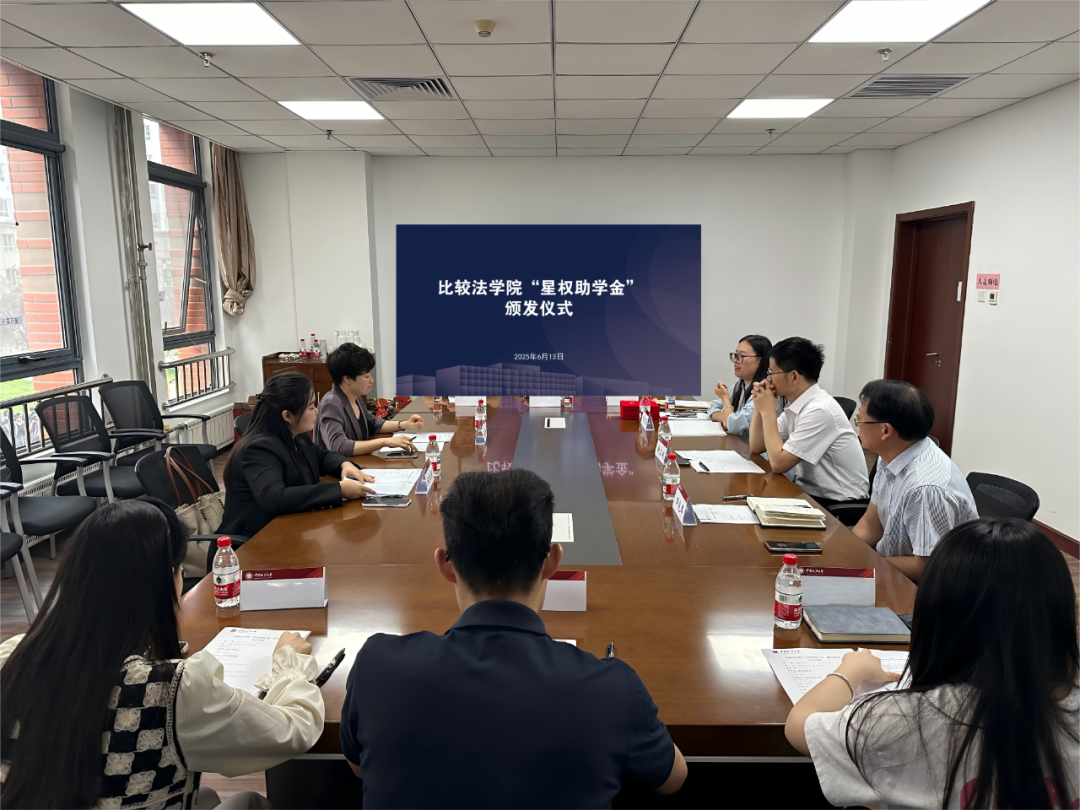At the invitation of the Institute of Sino-German Law of the College, Dr. Clemens Richter, a German faculty member at Zhejiang University City College, delivered an academic lecture on the Administration, Administrative Bodies and Administrative Oversight: A Typological Overview to students of the Sino-German programme on Haidian campus on the afternoon of 7 April.
The event was chaired and commented upon by Balduin Benesch, Deputy Dean (German side) of the Institute. Benesch opened the session by welcoming Dr. Richter and emphasising the importance of understanding the various forms of administrative bodies and oversight mechanisms in German administrative law for mastering the broader structure of the subject.
Richter began his lecture by outlining the doctrine of the separation of powers, legislative, executive, and judicial, as enshrined in Germany’s Basic Law, clarifying the role and allocation of administrative authority within the constitutional framework. He then provided an overview of Germany’s federal and state-level administrative systems, distinguishing between direct state administration and indirect state administration. On this basis, he offered a typology of administrative bodies and forms of administrative oversight in German law.
According to Richter, administrative bodies under German law include public legal persons, public institutions and public law foundations. Both the federal and state governments are empowered to establish public legal persons and institutions. Forms of administrative oversight include legal supervision, supervision of individual administrative acts, and internal administrative control.
Throughout the lecture, Richter provided illustrative comparisons with China’s administrative divisions, such as provinces, cities, counties and townships, to help students grasp the nuances of Germany’s administrative structure from a comparative perspective.
During the Q&A, students posed a range of questions, including the legal status of universities as administrative subjects, examples of public law foundations, and remedies available under internal administrative supervision. Richter responded to each inquiry in detail, prompting students to express their appreciation for the clarity and depth of the discussion.
This lecture not only deepened students’ understanding of German administrative law but also fostered comparative legal thinking, further enriching the academic exchange between Chinese and German legal education.












